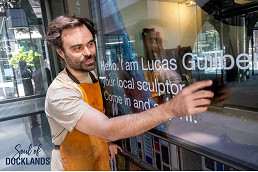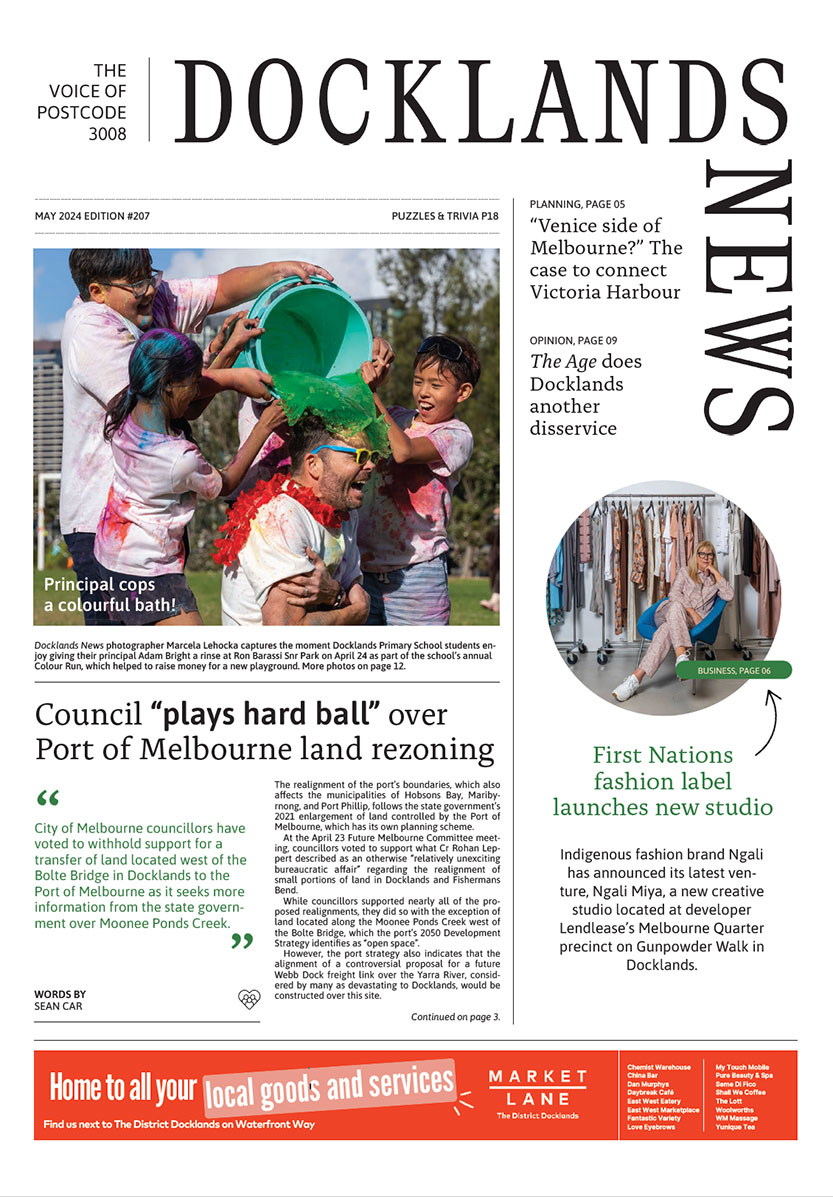Watergate short-stay case rolls on
The Building Appeals Board (BAB) may need to hear further evidence before making a decision on the Watergate short-stay case.
Lawyer for short-stay operator Paul Salter, Richard Niall had hoped the case could be resolved at a summary hearing last month.
At the May 22 hearing he argued the orders originally issued to Watergate short-stay operator Paul Salter in 2011 were “untenable”.
The orders related to the perceived change in use of a number of short-stay apartments , but Mr Niall has argued throughout the hearings that there was no change in use.
However, members of the newly-appointed BAB panel questioned how they could make a decision without hearing evidence.
The new BAB panel was appointed after both the Supreme Court and Court of Appeals remitted the case back for re-hearing at the tribunal.
A different BAB panel originally heard the case in 2012 and found in favour of the City of Melbourne, upholding its decision to issue building orders against owners of short-stay apartments in the Watergate building in 2011.
Watergate is classified as a Class 2 building under the Building Code of Australia and the orders required the owners to comply with building regulations applicable to a Class 3 building (akin to a hotel or boarding house) or to cease trading.
The new BAB panel agreed to allow Mr Niall to argue his case on the “untenable” nature of the orders at a half-day hearing on May 22, but, at the hearing, panel member Stephen Kip questioned how they could make a decision without hearing evidence.
The new panel comprises fire safety engineer Mr Kip, municipal building surveyor Peter Jolly and lawyer Ian Pridgeon as chairman.
Mr Kip asked how the panel could fulfil its obligations to determine if there was no danger to life in the Watergate building at a summary hearing.
Mr Niall responded there was no issue in terms of safety and referred to council building surveyor Joseph Genco’s evidence at the first hearing, where he said if he had found an issue he would have issued emergency building orders.
Mr Kip said while he understood Mr Niall’s point in relation to Mr Genco’s submission, he hadn’t had the chance to ask Mr Genco’s view himself.
“We have to decide if this building order was issued correctly. I don’t know if I have enough information to determine that,” Mr Kip said.
Further complicating matters is the fact Mr Kip’s term with the Building Appeals Board ends in June. Speaking at a directions hearing in April, chairman Ian Pridgeon said the panel aimed to ensure the matter was settled before the end of June.
The first BAB hearing consisted of six full-day hearings and Mr Niall contended that if the matter was to proceed it should be on the condition that council pay the costs of the first hearing.
City of Melbourne lawyer Tim Margetts maintained that the matter of costs would be determined by the outcome of the current hearing.
Chairman Ian Pridgeon made no order for costs at the May 22 hearing. He said the panel would publish its decision in
due course.
Outside of the BAB, the issue of short-stay apartments operating in residential buildings is continuing to gain momentum throughout Melbourne.
A Southbank Owners Corporation successfully obtained VCAT orders last month confirming a short-stay business operating in their building was in breach of OC rules and must cease operating.
The decision hinged on a rule forbidding the operation of trade or business in apartments in the building.

Meet Lucas Guilbert




 Download the Latest Edition
Download the Latest Edition
